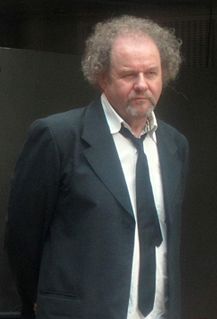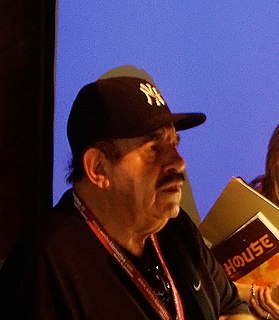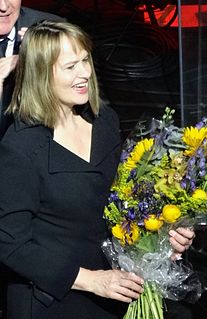A Quote by Pat Metheny
Avant-garde, jazz, pop, classical, country and western, rock, free, straight-ahead, etc. are ultimately meaningless terms in the face of the music being discussed at best - at worst, those terms often serve as code words for what is in fact a cultural / political discussion more than a musical one.
Related Quotes
The average age of the Jazz audience is increasing rapidly. Rapidly enough to suggest that there is no replacement among young people. Young people aren't starting to listen to Jazz and carrying it along in their lives with them. Jazz is becoming more like Classical music in terms of its relationship to the audience. And just a Classical music is grappling with the problem of audience development, so is Jazz grappling with this problem. I believe, deeply that Jazz is still a very vital music that has much to say to ordinary people. But it has to be systematic about getting out the message.
The avant-garde theater is fun; it is free-swinging, bold, iconoclastic, and often wildly, wildly funny. If you will approach it with childlike innocence - putting your standard responses aside, for they do not apply - if you will approach it on its own terms, I think you will be in for a liberating surprise.
More than one branch of the avant-garde, claiming to break with the bourgeois vision and mode of production, remains tied to it in spite of its denials and ex-communications. We are far from having overcome bourgeois thought or practices, despite the socialist "intermission" between the Russian revolution and the collapse of the Berlin wall. The avant-garde has lost its radical nature. On the other hand, "bourgeois theatre" is sometimes subtle enough to flirt with the avant-garde or to make "intelligent boulevard theatre.



































